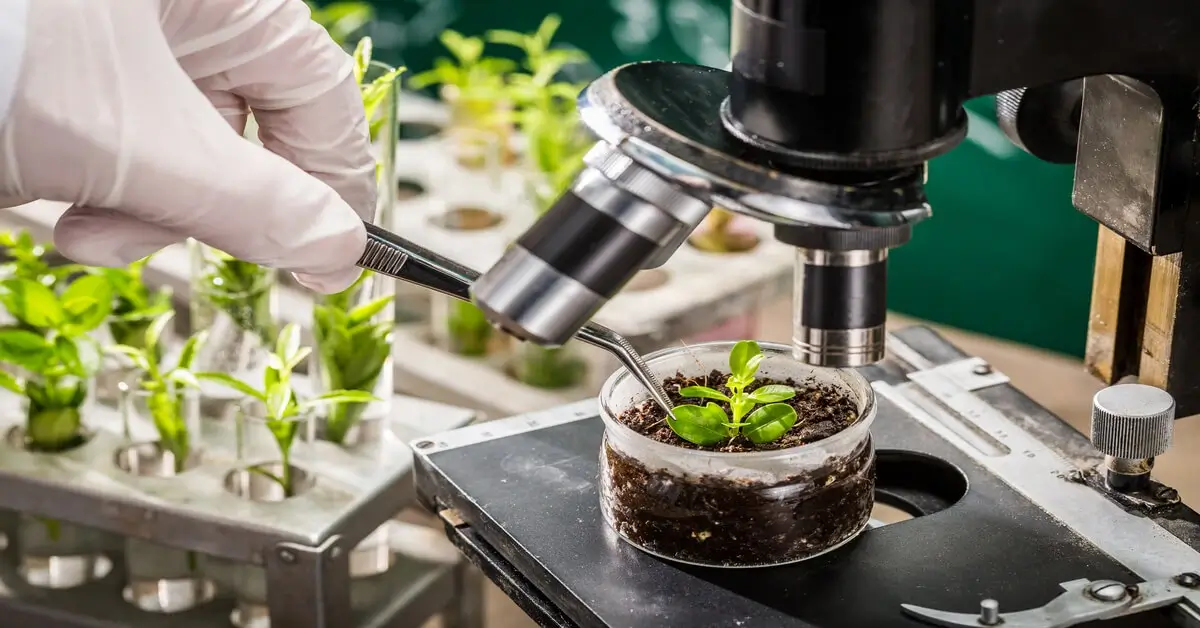Have you ever wondered who’s behind the advancements in your favorite gardening techniques or the latest sustainable farming methods? Meet the unsung heroes of the green world: Horticultural Societies. These organizations are the backbone of horticulture, driving innovation and fostering community among those passionate about everything from crop cultivation to ecological conservation. Stick around to discover how these societies have shaped the world of horticulture and how you can get involved!
The Impact of Horticultural Societies on the Field

Pioneering Research and Innovation
Horticultural societies like the American Horticultural Society and the Royal Horticultural Society are the powerhouses of research and innovation. They fund studies that explore new crop cultivation methods, irrigation techniques, and even the use of technology in agriculture. This research often leads to groundbreaking discoveries that benefit the members and the entire global community.
Promoting Sustainable Practices
In an era where ecological conservation is more critical than ever, these societies promote sustainable farming and gardening practices. They offer resources and guidelines on everything from soil conservation to pesticide alternatives, helping to shape a more sustainable future for our planet.
Educational Programs and Resources
Education is a cornerstone of these societies. They offer many resources, from lesson transcripts to hands-on workshops, aimed at both the novice gardener and the seasoned horticulturalist. These educational offerings are often accessible to the public, making them a valuable resource for anyone interested in the field.
How to Get Involved and Reap the Benefits

Membership Perks
Joining a horticultural society comes with many benefits that can enrich your life personally and professionally. From exclusive access to research papers to discounts on gardening tools, membership offers a range of perks. Some societies even provide agricultural scholarships, opening doors for the next generation of horticulturalists.
Networking Opportunities
One of the most underrated advantages of being part of such a society is the networking opportunities it provides. Whether you’re a farmer, a gardener, or an anthropologist studying agricultural communities, these platforms offer a chance to connect with like-minded individuals. You can share experiences, learn from experts, and even collaborate on projects, making it a valuable asset for career growth.
Community Involvement
Many horticultural societies are deeply involved in their local communities. They organize events, educational programs, and charitable activities like community gardens to address food insecurity. By becoming a member, you gain access to resources and become part of a community that’s making a tangible impact.
The Societal Impact of Horticultural Societies

Promoting Sustainable Practices
Horticultural societies play a pivotal role in promoting sustainable farming and gardening practices. They often collaborate with experts to research ecological methods, soil depletion, and the use of organic fertilizers, providing valuable insights that can help mitigate the environmental impact of agriculture.
Educational Outreach
Education is a cornerstone of these societies. They offer many resources, from lesson transcripts to hands-on workshops, aimed at both novices and professionals. This educational outreach extends to schools and colleges, sometimes influencing the agricultural education curriculum.
Cultural Preservation
In a rapidly modernizing world, horticultural societies serve as a reservoir of traditional knowledge. They document and preserve ancestral farming techniques, some of which have been practiced for thousands of years. This cultural preservation is crucial for understanding the diverse modes of production across different societies and periods.
Influencing Policy and Legislation
These societies don’t just stop at community involvement; they extend their reach to the corridors of power. They influence agricultural policies and regulations by presenting well-researched data and case studies. Their work often serves as a foundation for new laws promoting sustainable and equitable food production systems.
Conclusion
In a world where the importance of sustainable food production is becoming increasingly evident, horticultural societies serve as the unsung heroes. They bridge the gap between traditional practices and modern science, offering a holistic approach to cultivation that benefits both the environment and society. From educational outreach to policy influence, these societies are more than just clubs for plant enthusiasts; they are catalysts for change in the agricultural landscape.
So, consider becoming a member whether you’re a professional horticulturist or a weekend gardener. The benefits are personal and contribute to a more significant, sustainable future for all.

